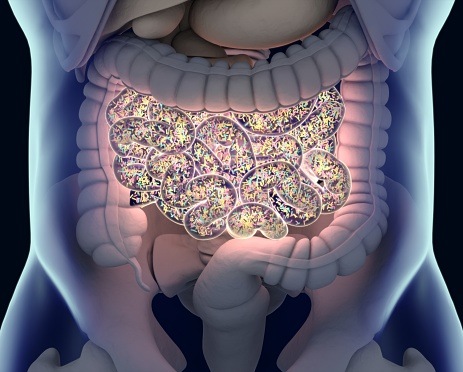In a recent report published in Inflammatory Bowel Diseases, researchers reported that death-associated protein kinase 3 (DAPK3) appeared to contribute to the progression of ulcerative colitis (UC) to colitis-associated dysplasia (CAD). The authors concluded that pancolitis was a pathway for this progression and was also associated with dysregulation of actin reorganization.
The study analyzed expression profiles of DAPK3 and Yes-associated protein (YAP) among patients with 3 UC subtypes and healthy controls from the GSE47908 microarray data set.
According to the researchers, as UC advanced from left-sided colitis to pancolitis to CAD, genetic expression levels revealed that the disease pathology switched from immune-related to cytoskeleton-dependent. Additionally, the Hippo and Ephrin signaling pathways were the most altered, and their alteration mirrored the progression of UC. The investigators also observed a consistent molecular interaction across left-sided colitis, pancolitis, and CAD involving high actin-based processes in which DAPK3 was an essential and unique component.
Notably, a negative correlation between DAPK3 and YAP was observed in healthy controls, whereas patients with left-sided colitis had a positive correlation, which strengthened as progression occurred.
Reference: Chen HM, MacDonald JA. Molecular network analyses implicate death-associated protein kinase 3 (DAPK3) as a key factor in colitis-associated dysplasia progression. Inflamm Bowel Dis. 2022;izac098. doi:10.1093/ibd/izac098









